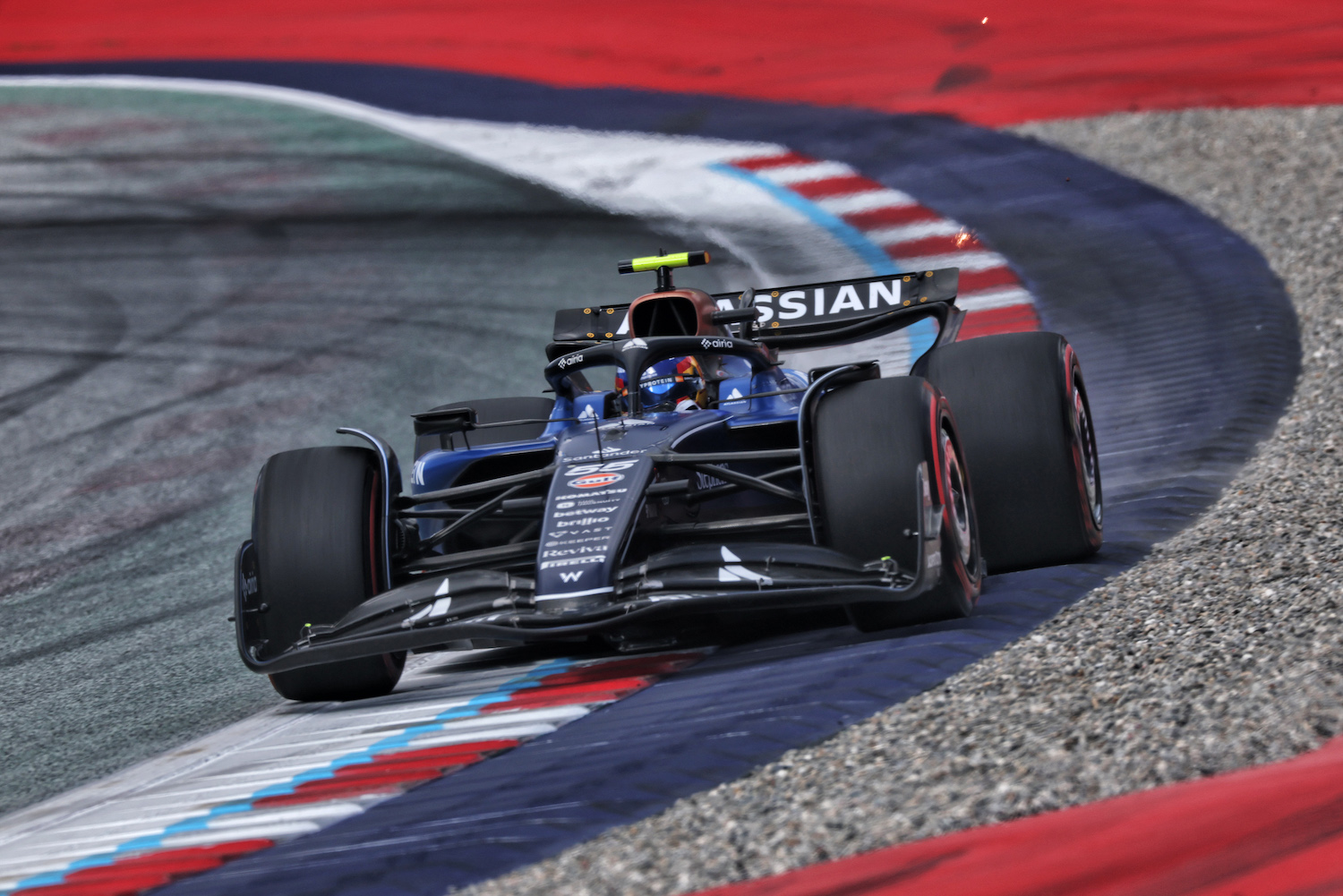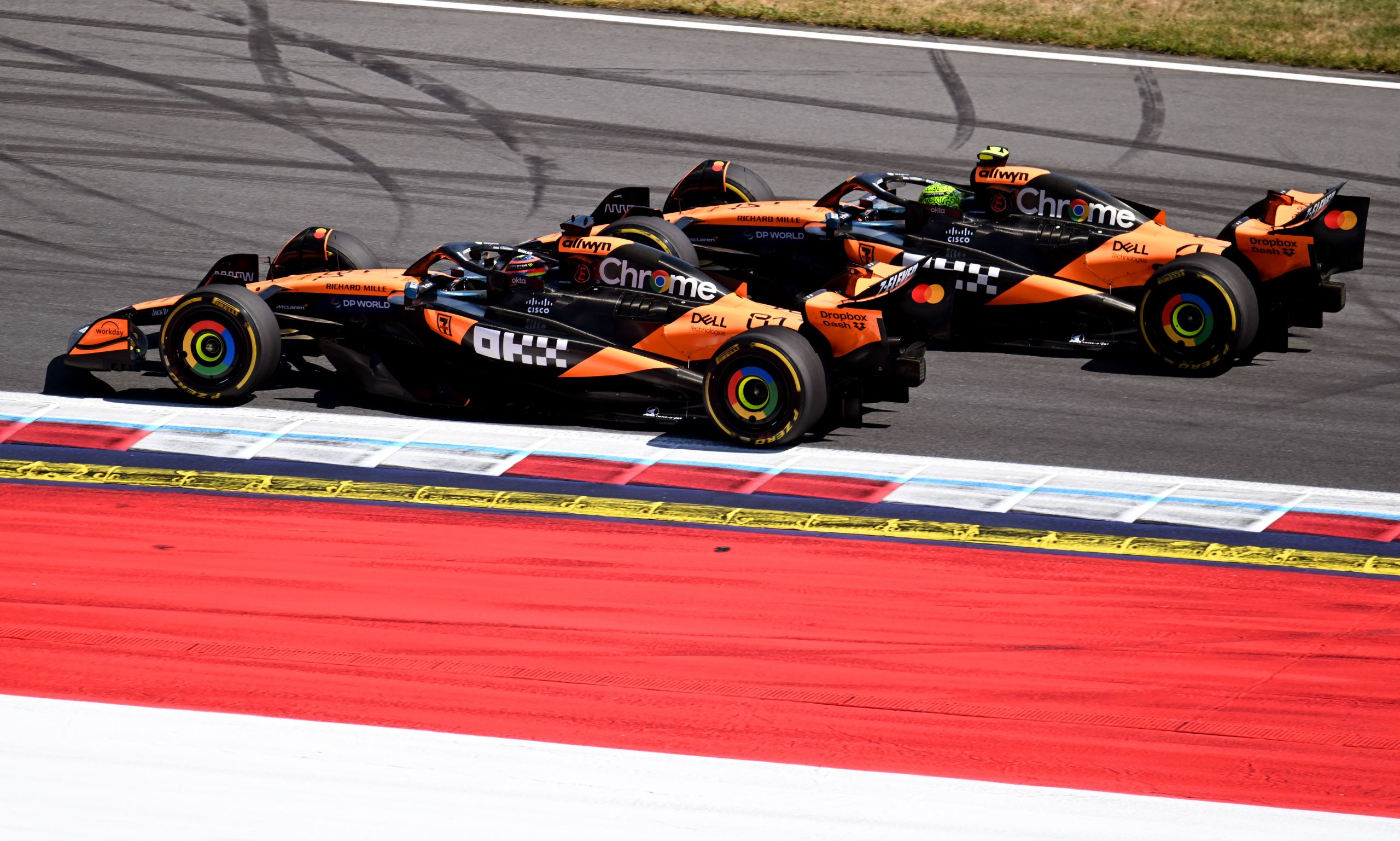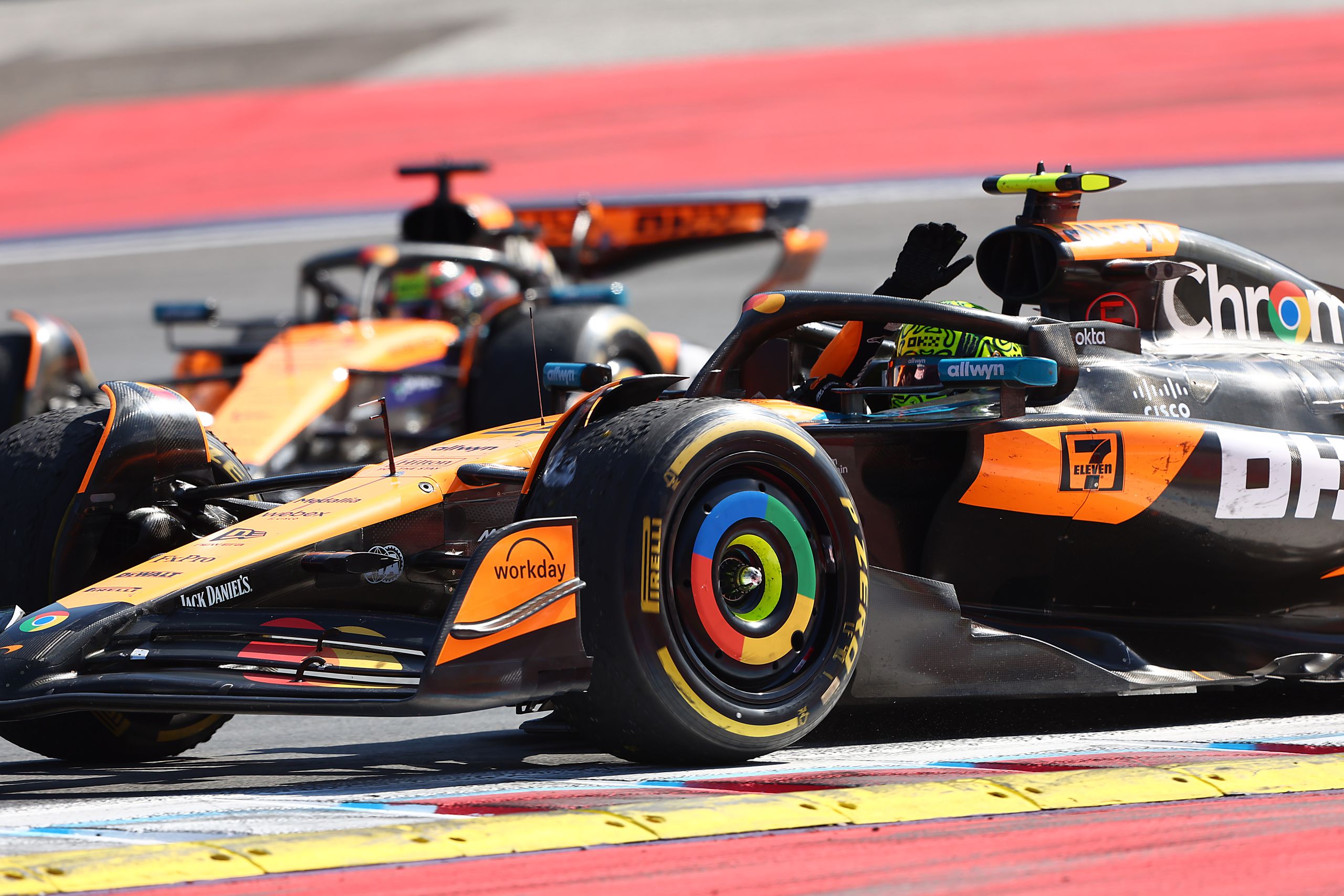Fueling Business Growth: How Effective Are F1 Sponsorships?
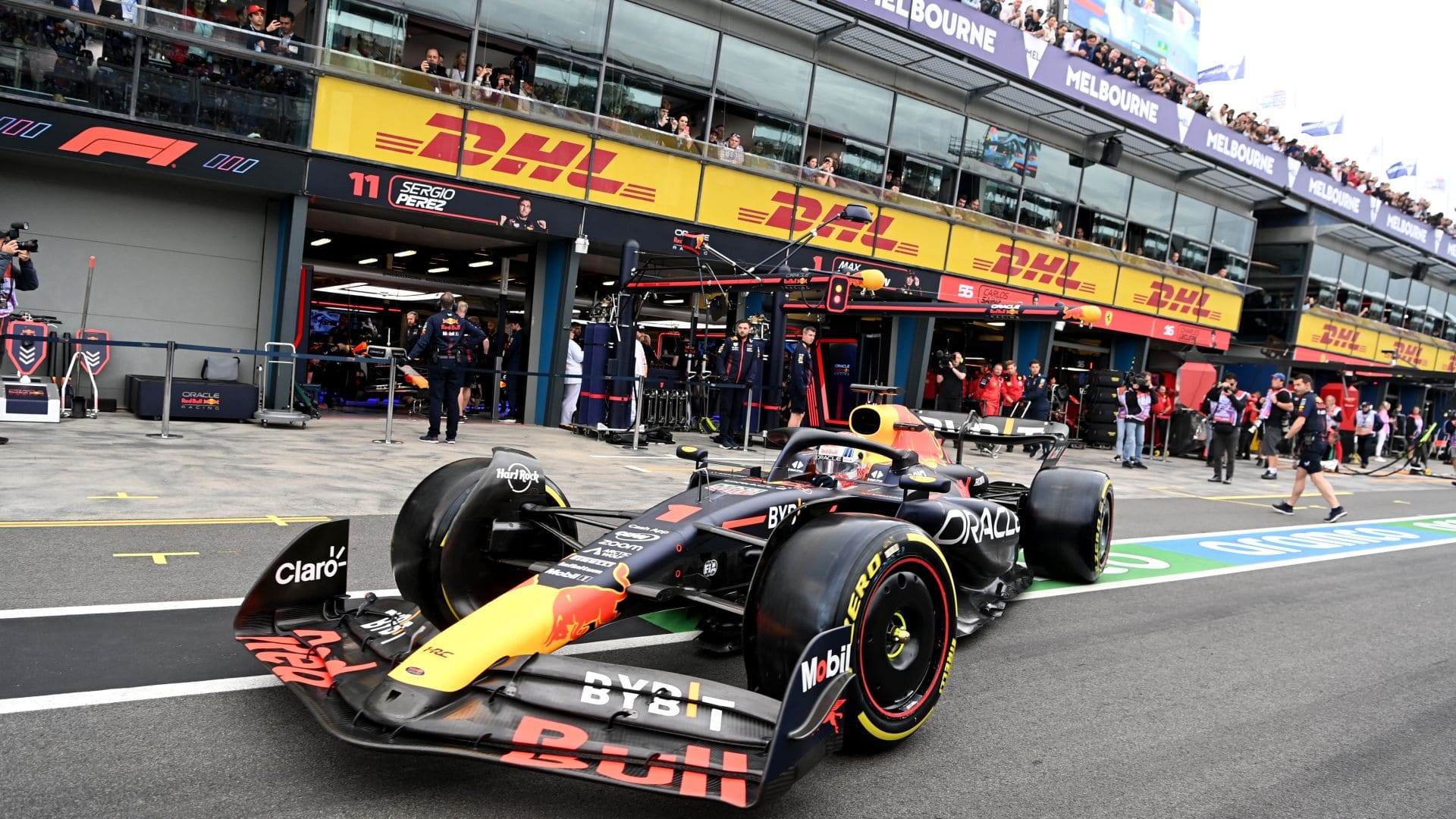
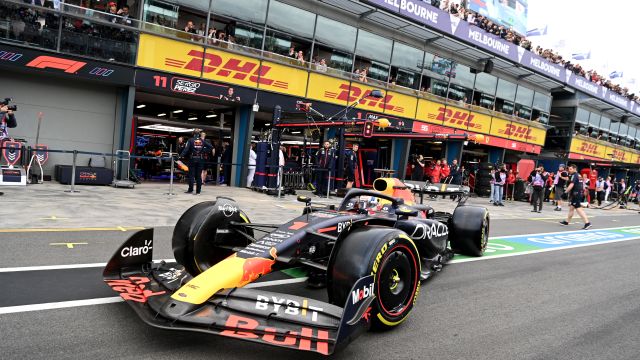
Formula One (F1) is a premier global motorsport racing series that captivates audiences around the world with its cutting-edge technology, high-speed races, and glamorous appeal. F1 teams and organisers rely heavily on sponsorships as a key revenue stream as brands seek to leverage the sport’s immense popularity to enhance their brand visibility and association with innovation and performance.
In this article, we will explore the world of F1 sponsorships (sometimes might be even a free bet casino), their effectiveness, and the challenges associated with obtaining and maximising their benefits. Let’s dive into the dynamic world of motorsports and uncover the opportunities and challenges that come with them.
Popularity of F1 Sponsorship
The sports’ global appeal and massive fan base fuel the popularity of F1 sponsorships. With races broadcasted in over 180 countries and millions of viewers, F1 offers an unparalleled marketing platform for brands seeking widespread exposure and engagement.
Global Viewership
One of the key factors driving the popularity of F1 sponsorships is the immense global viewership of the sport. Millions of fans around the world follow F1 races, and they eagerly tune in to witness the thrilling races, cutting-edge technology, and rivalry among teams and drivers. This widespread viewership provides a vast and diverse audience for sponsors to reach, making F1 sponsorships highly appealing to brands looking to gain global visibility.
Reputation
The sport’s reputation as a high-performance, aspirational, and exclusive sport enhances the appeal of its sponsorships. The sport’s association with speed, precision, and innovation creates a positive brand image for sponsors.
The sleek race cars adorned with sponsor logos, team apparel, trackside banners, and digital platforms provide prominent branding opportunities, allowing sponsors to showcase their logos and messages to a captivated global audience.
This exposure, especially in a world championship environment, can significantly increase brand awareness and recognition, providing a strong incentive for brands to invest in F1 sponsorships.
Digital Marketing Opportunities
Furthermore, F1 sponsorships offer targeted marketing opportunities. The sport attracts a diverse demographic of motorsports enthusiasts, affluent consumers, and corporate decision-makers, allowing sponsors to target their desired audience precisely.
Brands can strategically align themselves with specific teams, drivers, or events that align with their target market, enabling them to tailor their messaging and activations to resonate with their intended audience. This level of targeted marketing can be highly effective in driving customer engagement, loyalty, and advocacy.
The Benefits
Formula One sponsorships offer a unique and compelling marketing opportunity for brands seeking to boost their visibility and engagement on a global scale. As one of the most prestigious motorsport racing series in the world, F1 provides unparalleled benefits that we’ll explore in the section below:
- Brand Awareness: With a global audience of millions of viewers, F1 offers extensive exposure for sponsor logos and messages on various platforms, such as race cars, team apparel, trackside banners, and digital platforms. This heightened brand visibility can increase brand recall and recognition, reaching a broad and diverse audience worldwide.
- Brand Image: By aligning with F1, brands can enhance their brand perception as innovative, technologically advanced, and aspirational. The sport’s glamorous appeal and global reach can also elevate a brand’s prestige and positioning in the market, increasing brand credibility, consumer trust and customer acquisition.
- Targeted Marketing Opportunities: The sport appeals to a discerning demographic, including affluent consumers and corporate decision-makers, which offers sponsors the opportunity to customise their messaging and activations to connect with their intended audience effectively. Brands can strategically associate themselves with specific teams, drivers, or events that align with their target market, allowing them to engage with their desired customer base authentically.
- Product Showcase and Demonstration: This will enable sponsors to highlight the performance, quality, and innovation of their products or services, creating a compelling brand story and enhancing consumer perception. F1 provides a unique platform for sponsors to engage with consumers and showcase their offerings in an exciting and dynamic racing environment.
- Hospitality and Networking Opportunities: This provides sponsors a valuable opportunity to build and strengthen relationships, conduct business meetings, and network with key decision-makers in a highly engaging and memorable environment. Such opportunities can lead to increased business opportunities, partnerships, and collaborations, providing long-term benefits for sponsors.
- Social Media Engagement: F1 sponsorships can leverage this social media engagement to amplify their brand messaging, engage with fans, and create buzz around their sponsorship activations. This can increase social media visibility, brand mentions, and user-generated content, providing sponsors additional exposure and brand advocacy.
The Challenges
Obtaining F1 sponsorships can pose several challenges for brands, despite their numerous benefits. Some of the critical challenges associated with this sort of sponsorship include the following:
High Cost of Entry
F1 sponsorships can come with a hefty price tag, making it a significant investment for brands, particularly for smaller or emerging companies.
The costs associated with subsidies may include fees for team or event sponsorships, production of branded materials, activation costs, and other related expenses.
The substantial financial commitment required for F1 sponsorships can be a barrier for many brands, limiting their ability to participate in this high-profile motorsport racing series.
Difficulty in Measuring ROI
Measuring the return on investment (ROI) can be challenging. Unlike traditional advertising or marketing campaigns, the impact and effectiveness of sponsorships can be subjective and difficult to quantify.
Determining the direct effects of F1 subsidies on brand awareness, brand image, and sales can be complex, and brands may face difficulty in accurately measuring the ROI of their sponsorship investment.
Risk of Negative Publicity
Formula One is a highly competitive and closely followed sport, and negative publicity, such as controversies or scandals involving teams, drivers, or the sport itself, can have a detrimental impact on sponsor brands.
Brands must carefully consider the potential risks associated with these sponsorships. Any negative associations with the sport or its stakeholders can potentially harm their brand reputation and image, leading to adverse consequences.
Competitive Landscape
F1 is a globally popular motorsport racing series, and competition for sponsorships can be fierce.
Top teams and drivers often have long standing partnerships with established sponsors, making it challenging for new or smaller brands to enter the F1 sponsorship market.
The highly competitive landscape can make it difficult for brands to secure desirable sponsorships and stand out among the clutter of sponsor logos and messages.
Limited Control over Brand Activation
The sponsorships may restrict and limit how brands can activate their sponsorship. Brands may have limited control over how their logos and messages are displayed or used, and there may be strict guidelines and regulations to adhere to. This can impact a brand’s ability to fully customise and execute its desired sponsorship activations, which may not align with its specific marketing objectives or strategies.
Changing Business Environment
The business environment, including global economic conditions, market trends, and consumer preferences, can impact the effectiveness of F1 sponsorships.
Changes in the business environment, such as shifts in consumer behaviour or economic downturns, can affect the ROI of F1 sponsorships and may require brands to adapt their strategies accordingly.
Final Note
F1 sponsorships can offer a wealth of benefits for brands, but brands must consider the many associated challenges. The changing business Environment and the risk of negative publicity are just two of the real difficulties.
Despite the challenges, F1 sponsorships have proven successful for many brands, providing them with opportunities to elevate their brand’s visibility, image, and market positioning.
With strategic implementation, however, Formula One sponsorships can provide significant value for companies looking to advance in the competitive motorsport racing industry.

